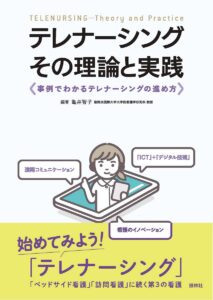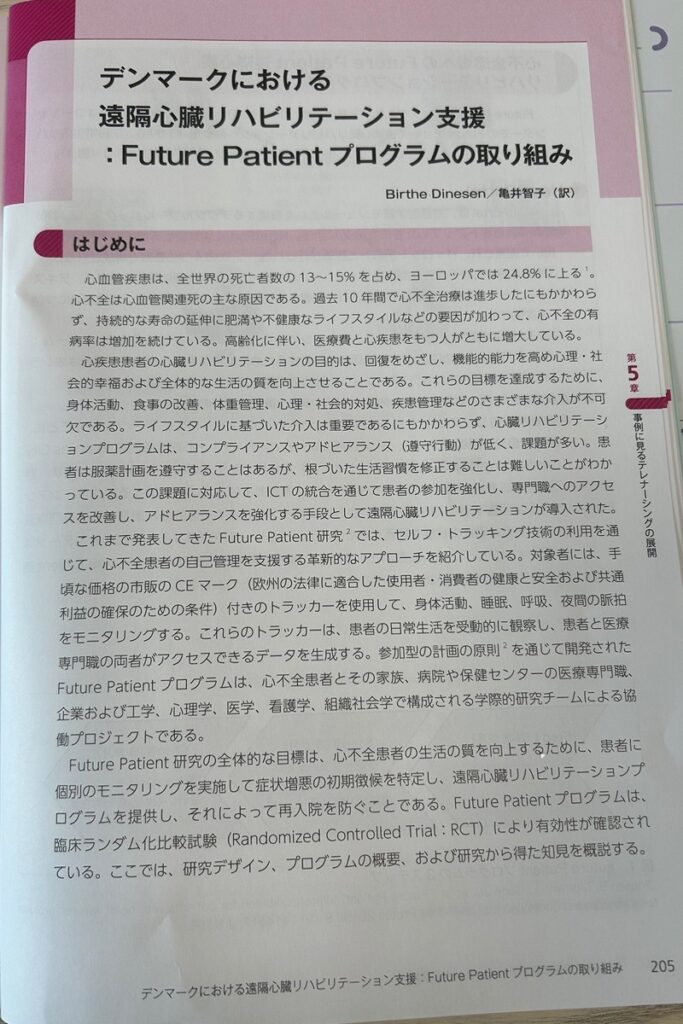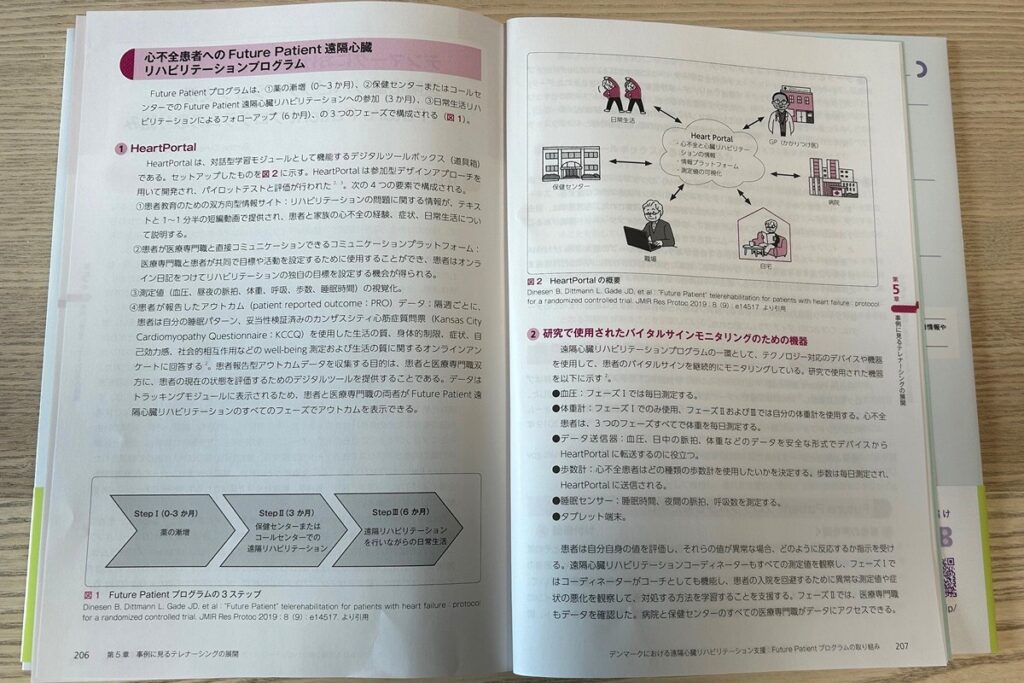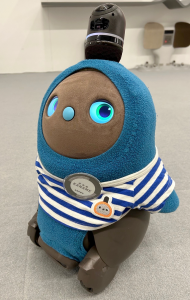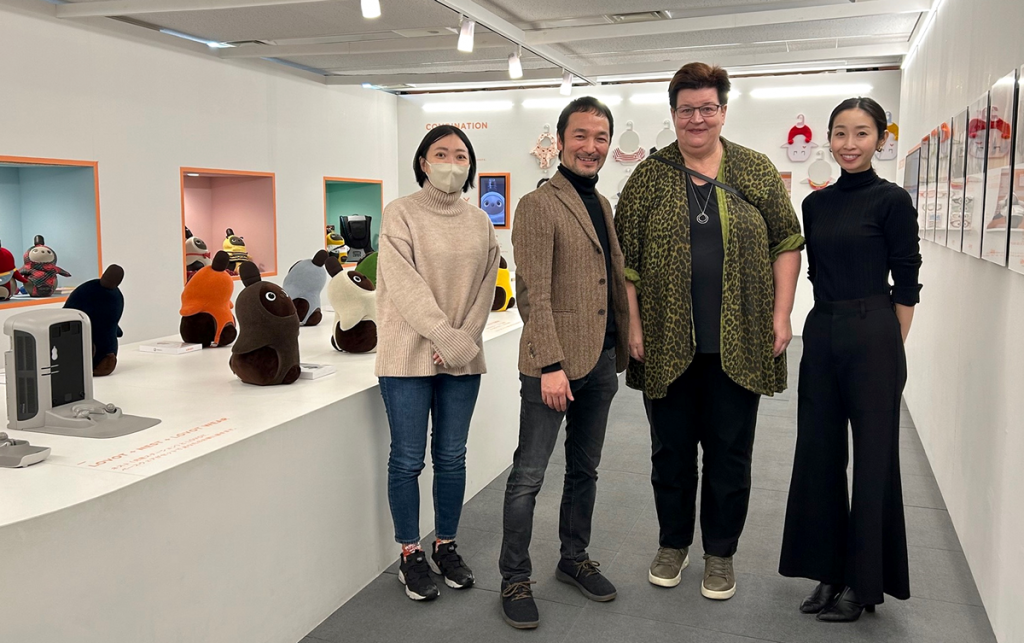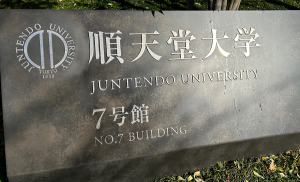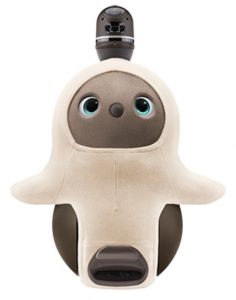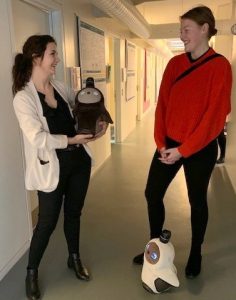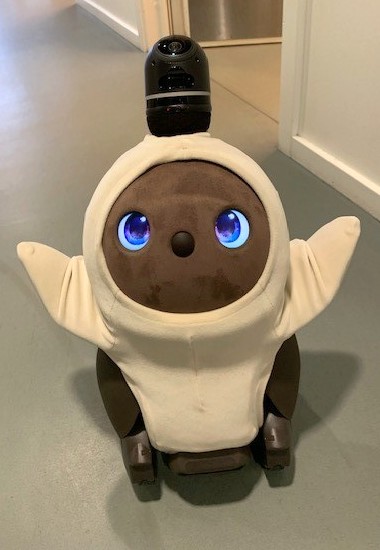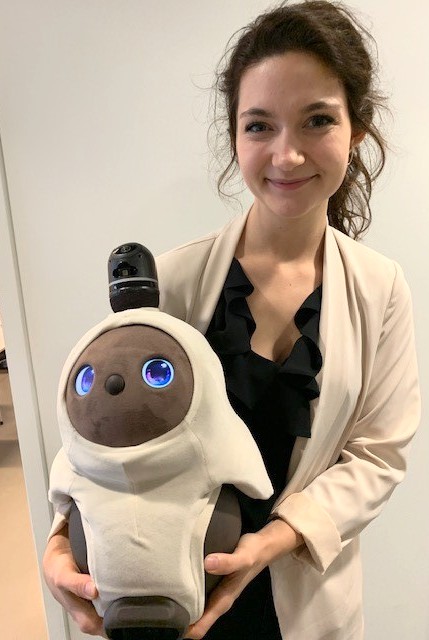The scope of the Ph.D. project covers the evaluation of the use of Low Power Wide Area Network (LPWAN) technologies for the mission-critical Internet of Things (IoT) applications (Remote healthcare, traffic safety & control, smart grid automation, etc.). Unlike in the case of massive IoT applications, Critical IoT applications have more strict requirements for network performance such as higher level of security, high resiliency, low latency, scalability, and interoperability with existing communication systems.
The goal of the project is to do a thorough investigation of all the available communication technologies from an end to end perspective. The idea here is to identify which of the technology or combination of technologies that are cable of supporting all the needs of critical IoT applications.
The project also involves investigation the current infrastructure and either suggesting changes to it or proposing a new network architecture that is cable of transferring critical data more reliably and securely through the network. This part of the project involves working closely with other universities in Denmark and Japan, and Industrial partners to implement and test some of the upcoming wireless technologies for critical IoT application.
To begin with, the project includes collaboration with the Department of Health Science and Technology at Aalborg University on Future patient project. The project will primarily focus on real-time monitoring of patient’s data using the IoT technologies.

